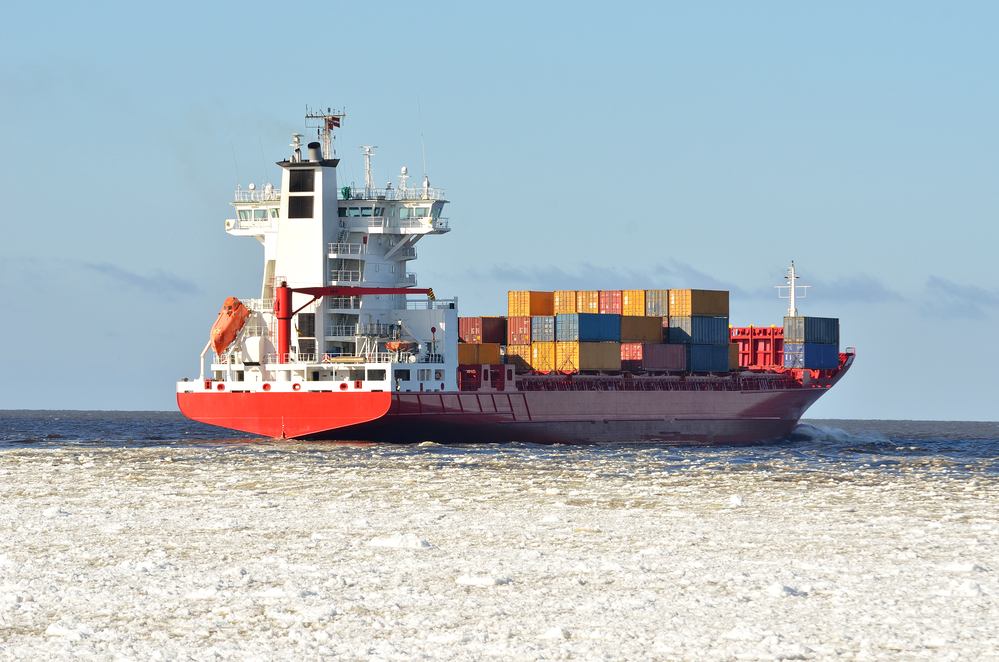Victor Restis – How COVID-19 Has Affected the Global Shipping Industry
What we’ve experienced while dealing with the COVID-19 pandemic has me thinking about the worldwide supply chain network and our absolute ignorance in not addressing the detrimental, looming effects of global climate change. In a recent article in Tradewinds, the discussion and potential outcomes toward both are discussed and it offers some interesting talking points that deserve to be further explored. From the standpoint of container shipping, which is how 80% of the world trade volume is transported, Victor Restis – a Greek shipping magnate and president of Enterprise & Trading S.A. – states that the spread of the virus globally affected both the markets and vessel operations significantly.
Broaden the Global Supply Chains
First, our dependence on one single nation (China in this instance) for essential products must change. This is not a position of Sinophobia, and it doesn’t really matter which nation holds all the cards, this is an unstable and unsustainable paradigm. I think it is safe to say that most people didn’t think about global supply chains, manufacturing, and distribution before COVID-19. It just isn’t something you think about until you go to the store to by toilet paper and hand sanitizer only to be met with empty shelves and signs stating that the next availability of these items is “not known.” The article touches on our dependency of other nations and exposes the fragility of the global supply chain network.
When the virus forced governments to shut down industries due to people getting sick from the virus and implemented stay at home orders
to flatten the curve, shipping lanes and distribution points suffered, which means the way we get the items needed to live, stay safe, protect ourselves were under a major strain. Fortunately, the powers that be realized that a true disruption to global supply chains would send society into a frenzy of hoarding and self-preservation (which equals riots, looting, fighting, civil unrest), and worked hard to keep the system afloat. It is scary to think what would happen if our global supply chain network fails, which is why it is important to further diversify this network, eliminate single points of failure and change our dependency on one nation.
Collective Responsibility
I am sure there are countries out there with the resources and manpower to elevate their export production, logistics, and to increase their imports. Each nation has something to offer the global market besides tourism. Tourism is a great industry and many places rely on tourism for their very lives, but there is more to many countries than just tourism. Mr. Restis’ home country of Greece is one of the premier tourist destination spots in the world, but they still build ships. They still export petroleum and are one of the only EU producers of wheat, barley, sugar beets, peaches, tomatoes and cotton making them the 61st largest export economy.


